The SUV market has seen a significant shift in cost dynamics, making leasing less economical than buying for several models. While leasing typically offers lower initial monthly payments, the overall expense can surpass that of purchasing. Here are five SUVs where leasing might not be the best financial choice.
BMW X5
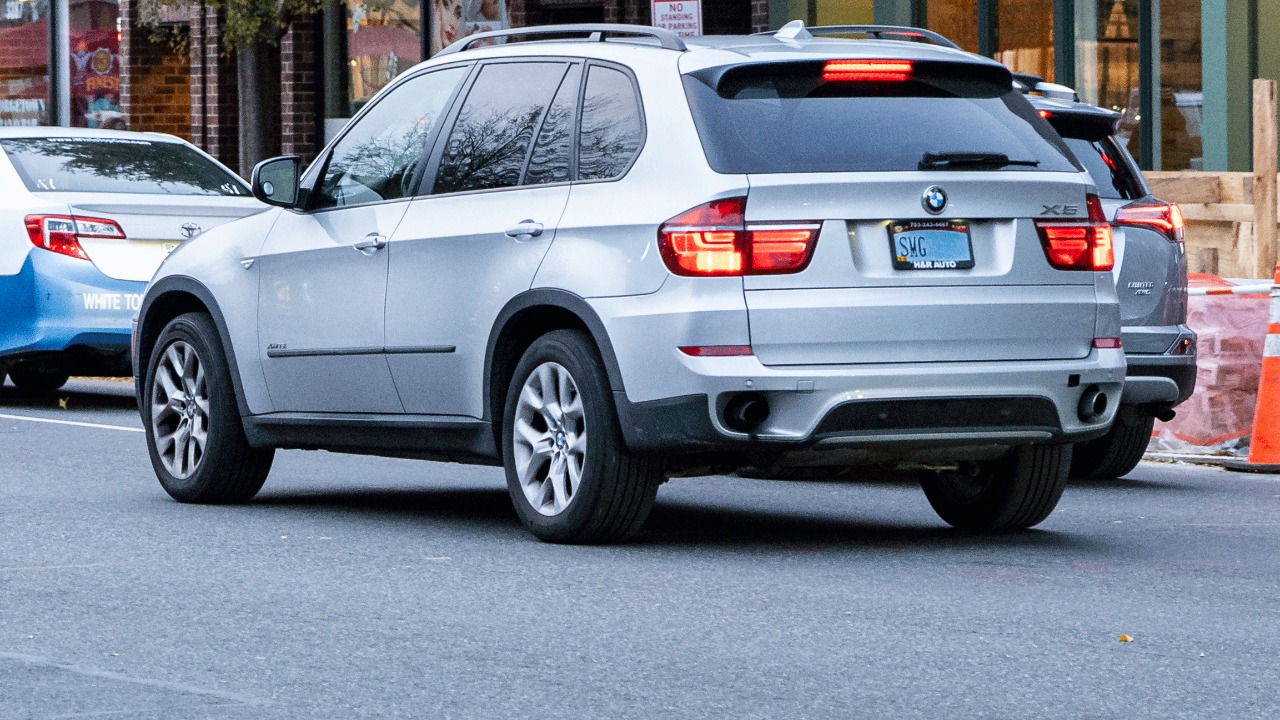
The BMW X5, known for its luxury and performance, has become more expensive to lease than buy. With monthly leasing costs climbing, many drivers find that the total lease payments over three years exceed the cost of financing the vehicle. This trend is largely due to the increasing residual values and the high demand for this model.
For those considering the X5, purchasing might be a more prudent option. The market dynamics suggest that owning the vehicle could offer better long-term value. To explore more about whether to lease or buy, consider how often you plan to switch vehicles.
Mercedes-Benz GLE
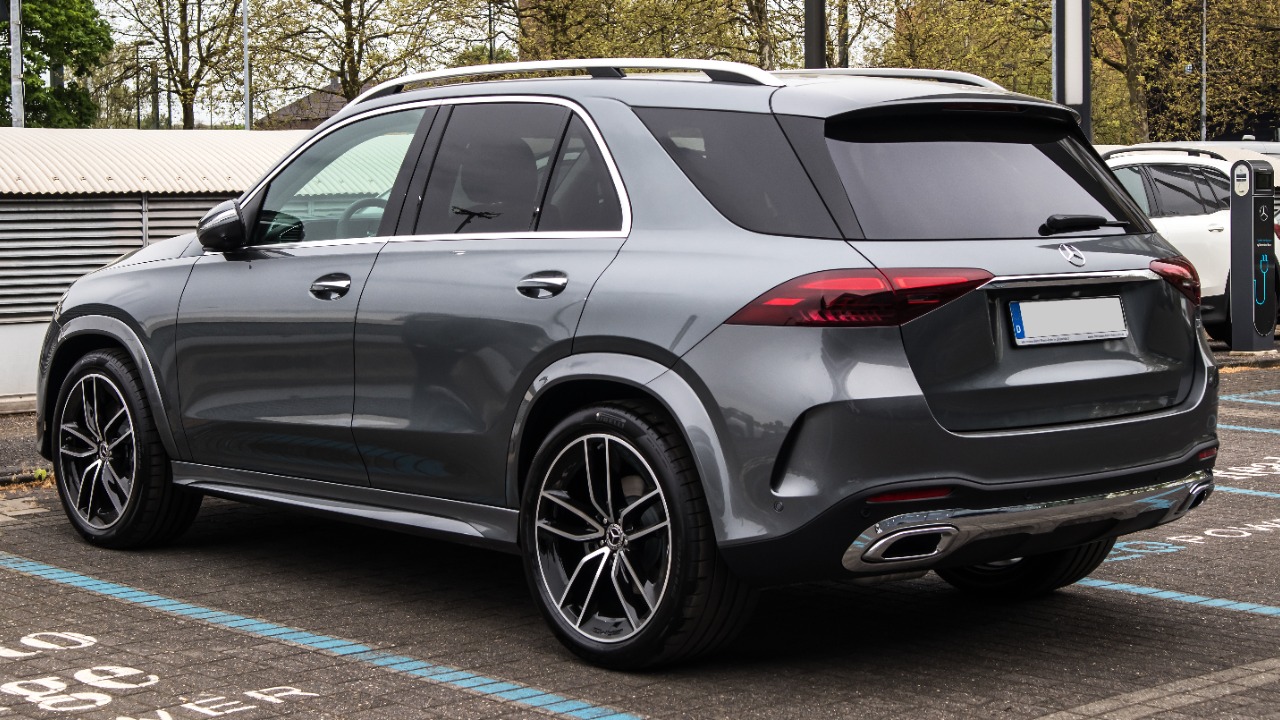
The Mercedes-Benz GLE is another luxury SUV that has seen a shift in leasing economics. With its advanced technology and elegant design, the GLE attracts numerous buyers. However, leasing costs have surged, making it less financially appealing. Many find that purchasing offers better value, especially considering the lower interest rates available for financing.
For those interested in the GLE, analyzing the benefits of buying versus leasing could provide clarity. The GLE’s strong resale value and the potential for lower ownership costs make it an attractive purchase option.
Audi Q7
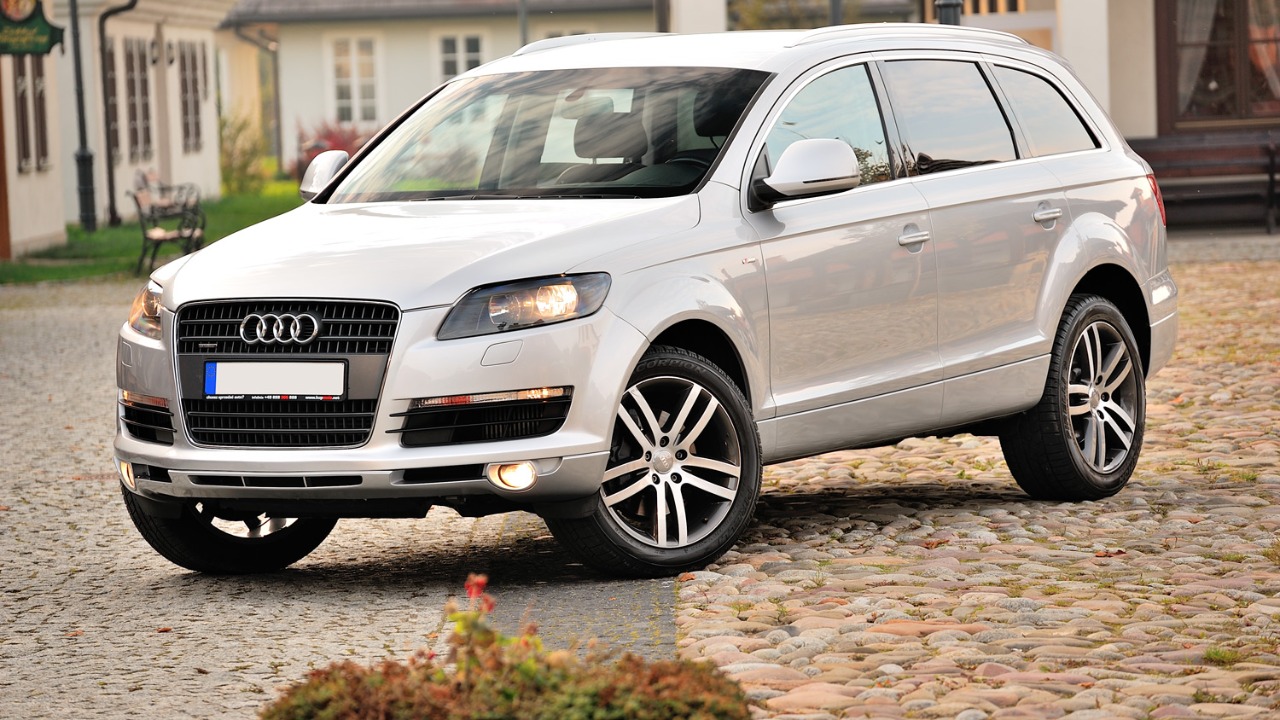
The Audi Q7, with its spacious interior and cutting-edge features, is a popular choice among SUV enthusiasts. Yet, leasing this model has become costlier than buying. The high residual values and increased leasing rates contribute to this trend, prompting many to consider purchasing instead.
Opting for a purchase allows drivers to take advantage of potential savings over the vehicle’s lifecycle. For those contemplating the Q7, reviewing different financing options can offer insight into making a cost-effective decision.
Lexus RX
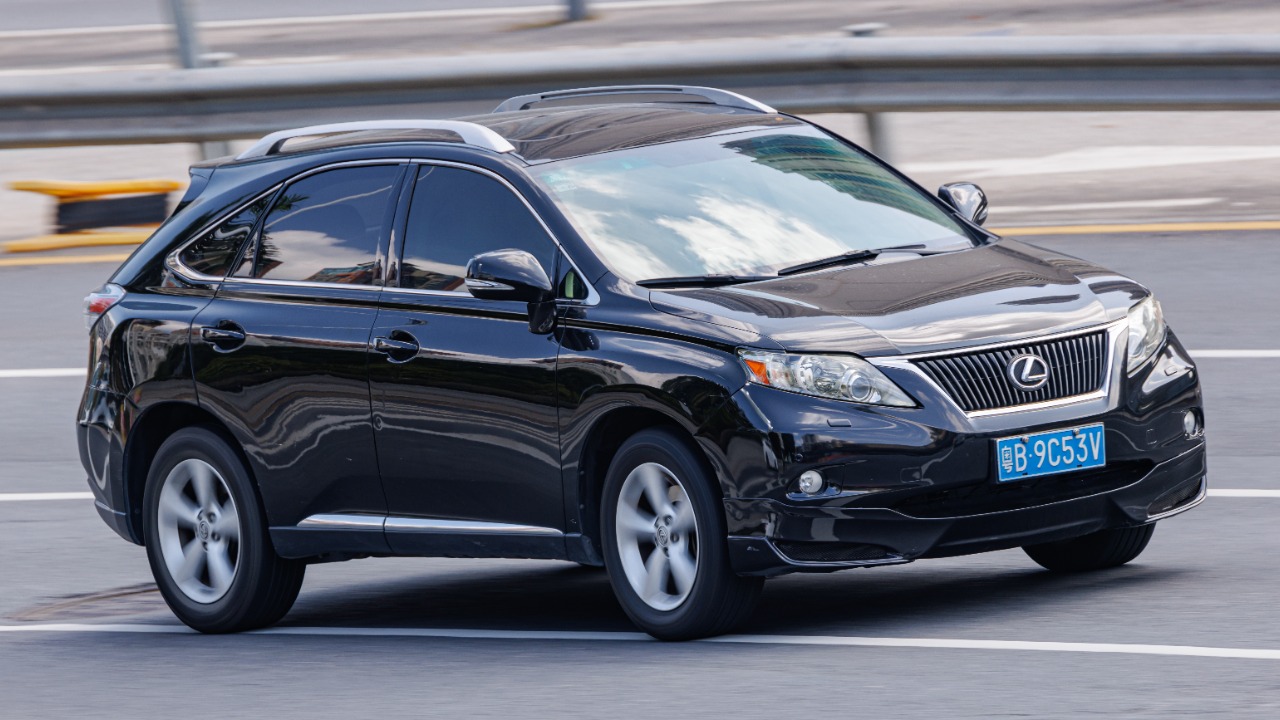
The Lexus RX is renowned for its reliability and luxury, but its leasing costs have become less competitive. This SUV’s affordability in the purchase market makes buying a more sensible choice for many. With competitive interest rates and attractive financing deals, the RX presents a compelling case for ownership.
As leasing prices continue to rise, drivers should consider the long-term financial implications of their decision. Exploring the best luxury SUV lease deals can help determine if leasing still holds any advantages for the RX.
Tesla Model X
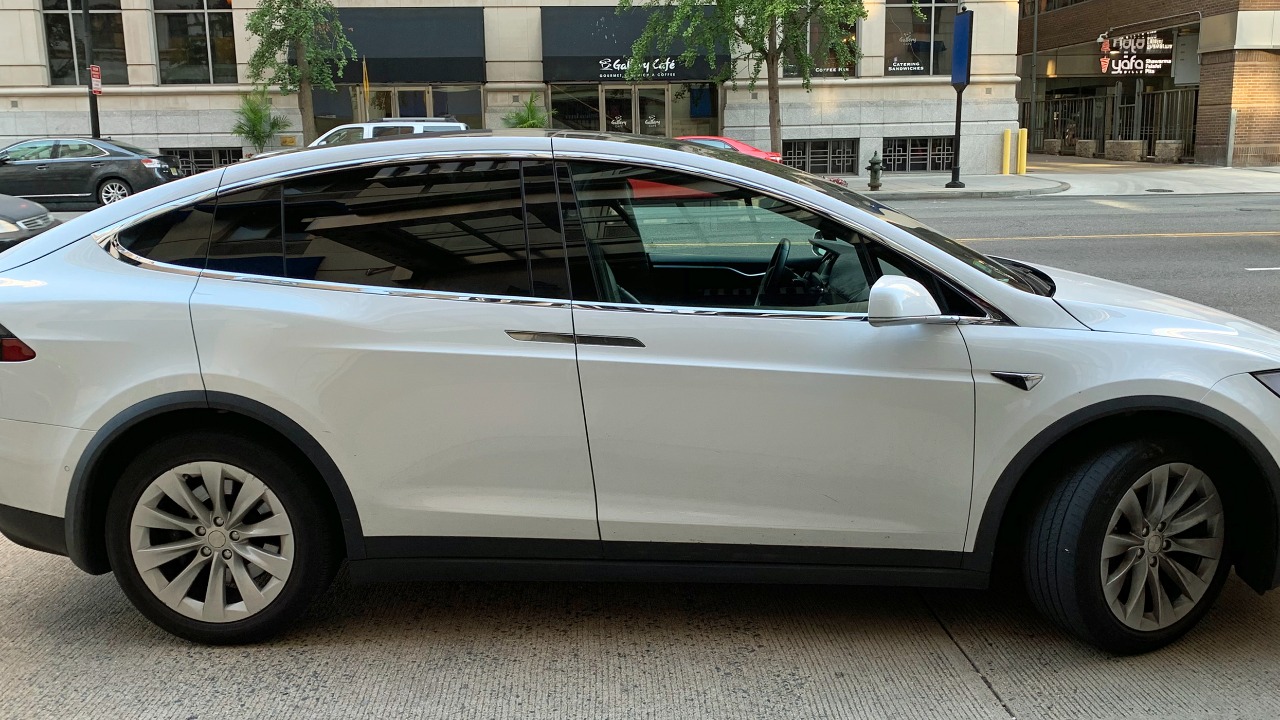
Tesla’s Model X, celebrated for its innovation and electric performance, is also seeing a shift in its leasing appeal. The Model X’s leasing costs often outweigh the benefits, as high monthly payments can make buying the more viable option. Given Tesla’s strong resale value, purchasing can provide better financial returns.
For potential buyers, the decision between leasing and buying the Model X should factor in personal driving habits and financial goals. Delving into the differences between buying and leasing can help make an informed choice.